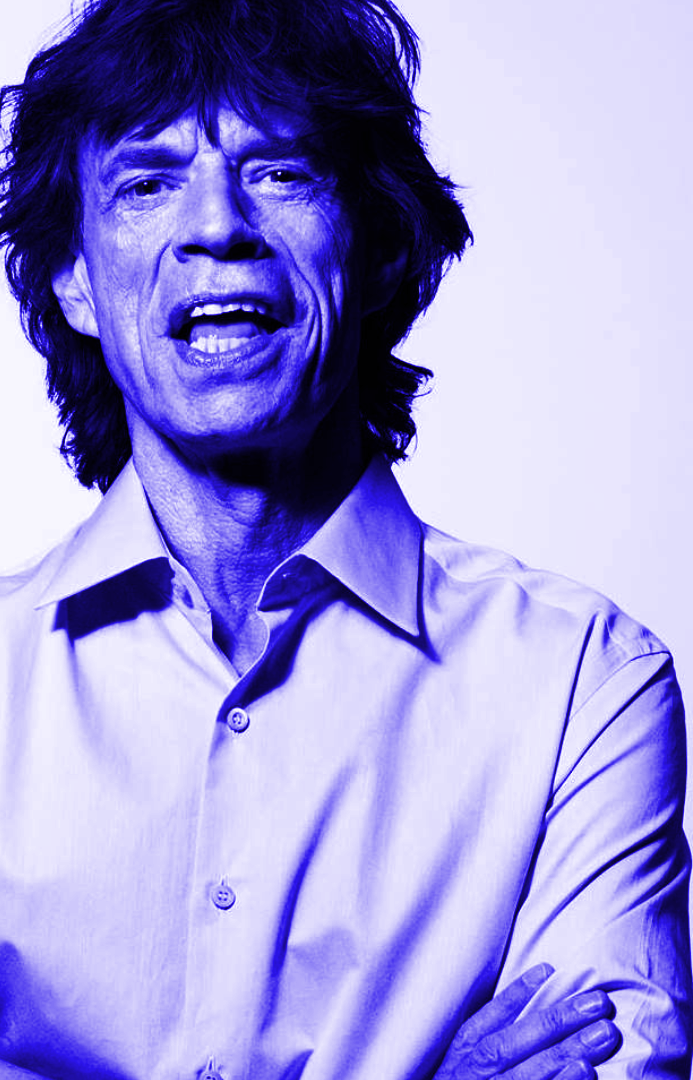Survivor of Mother Emanuel shooting sues Facebook, Google, YouTube for radicalization
CHARLESTON, S.C. (WCBD) – The youngest survivor of the 2015 Charleston Church Shooting has filed a lawsuit against several online platforms, alleging online propaganda led to the massacre.
Felicia Sanders was at Bible Study with her son, Tywanza Sanders, and her granddaughter K.M. on June 17, 2015. When the shooting rang out, Felicia pushed her granddaughter on the ground while Tywanza stood to confront the shooter. Tywanza was shot and Felicia and K.M. played dead in a pool of his blood.
Eight other parishioners, including Reverend Clementa Pinckney, died as a result of the shooting.
The suit claims that the shooter, Dylann Roof, was radicalized by online rhetoric promoting white supremacism targeted at him through Facebook’s algorithms. It also names Google, YouTube, Alphabet, and other agencies as defendants.
Russian national Yevgeniy Viktorovich Prigozhin is also named as a defendant in the suit. He was allegedly a major player in a Russian scheme to “cause civil unrest in the United States via social media” and “to incite racial hate and racial violence in the United States.”
According to the suit, Facebook was a breeding ground for extremism due to its lack of guardrails and propensity to propagate and reinforce radical ideas.
“Because the algorithms recommend that susceptible users join extremist groups, where users are conditioned to post even more inflammatory and divisive content, Facebook is naturally open to exploitation by white supremacist groups and racial hate-mongerers.
Roof did not just find but was directed by Google (as described above) and then by Facebook, based on its algorithms’ knowledge of Roof’s engagement on the internet (both on and off of Facebook), to groups or communities in which his views were cultivated, developed and made more extreme, ultimately taking Roof off of the internet and into the real world to commit violence.”
While Roof was the one to ultimately pull the trigger, the suit claims he “was shown so much white supremacist propaganda that he believed the heinous act he ultimately committed at Mother Emanuel was necessary to spark a race war and save the white race.”
Roof’s own defense attorney admitted in the trial that “every bit of [his] motivation came from things he saw on the internet… He is simply regurgitating, in whole paragraphs, slogans, and facts, bits and pieces of facts that he downloaded from the internet directly into his brain.”
The possibility for such violence was not only foreseeable to Meta executives, according to the lawsuit, but was a sacrifice they calculated was worth making.
“Facebook knows that the most negative emotions—fear, anger, hate—are the most engaging. Facebook employs psychologists and social scientists as “user researchers” to analyze its users’ behavior in response to online content. An internal Facebook presentation by one such researcher, leaked in May 2020, warned: ‘Our algorithms exploit the human brain’s attraction to divisiveness. … If left unchecked, … [Facebook would feed users] more and more divisive content in an effort to gain user attention [and] increase time on the platform.’”
The suit also alleges “in the lead-up to the 2016 presidential election, the formula for engagement and profit growth that had emerged was “outrage equals attention,” on Google and YouTube.
“The Google Defendants’ algorithm makes it more likely for the young and impressionable to encounter harmful content by pushing them down “rabbit holes” that lead them to increasingly more extreme videos or topics, which then get them hooked. Creating an even more vicious cycle, YouTube’s AI-driven “recommendation engine” first created in 2011 uses the users who get pushed down rabbit holes as models for the algorithm, which consequently emphasizes
that harmful content, disproportionately pushing it to more users.”
Several studies on how Facebook generates content were cited, all of which reflected Facebook’s prioritizing of time spent on the site over content moderation. The lawsuit also referenced the testimony of whistleblowers like former Facebook employee Frances Haugen, who raised concern possible consequences of the violent rhetoric.
The suit seeks damages on behalf of K.M., who “suffered significant Post-Traumatic Stress Disorder (PTSD) and required long-term hospitalization and treatment” after the incident.
K.M. is now seeking “accountability from those most responsible for placing Roof in that Church.”
Click Here for the Full Article
Author: Chase Laudenslager







